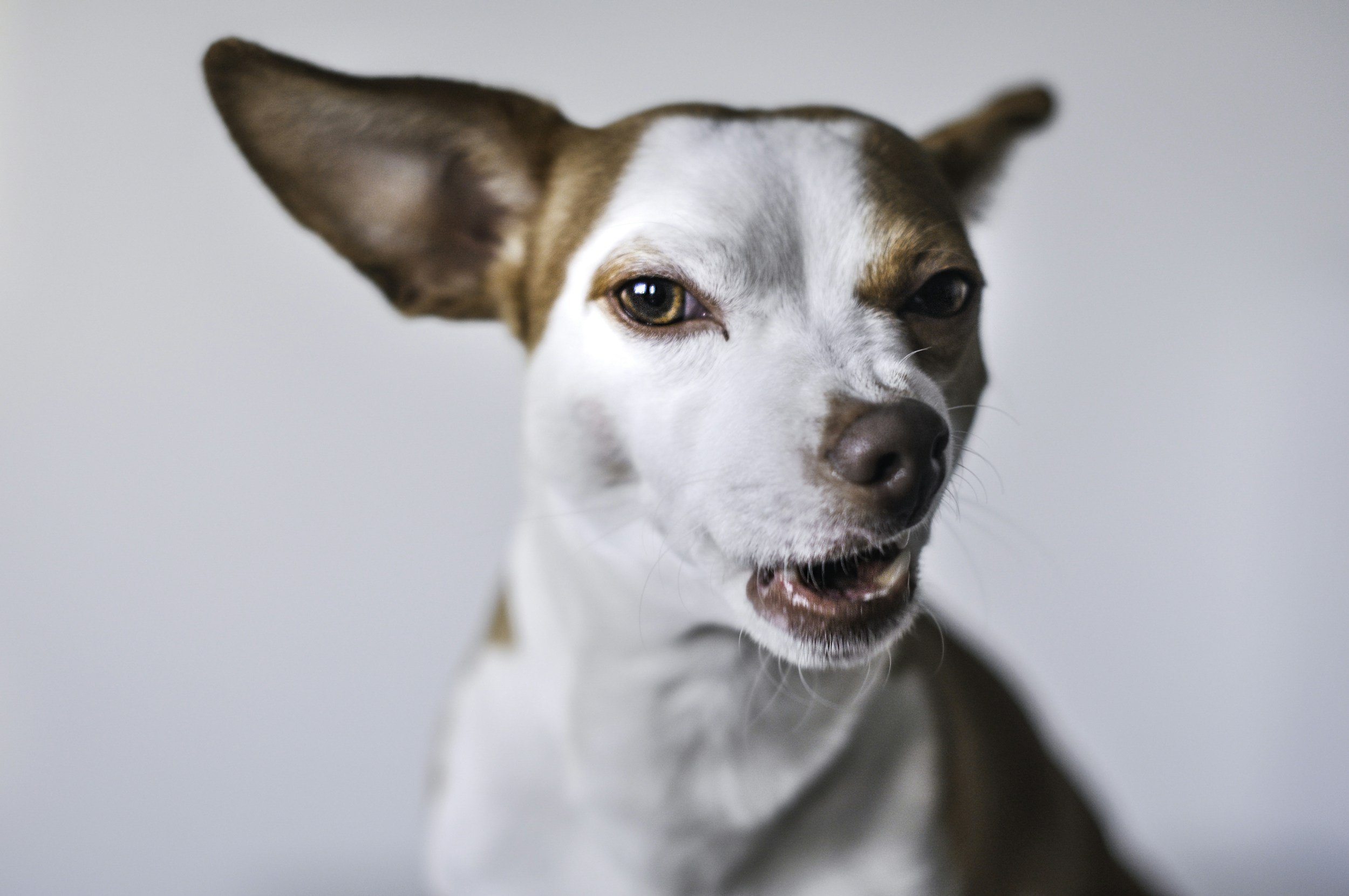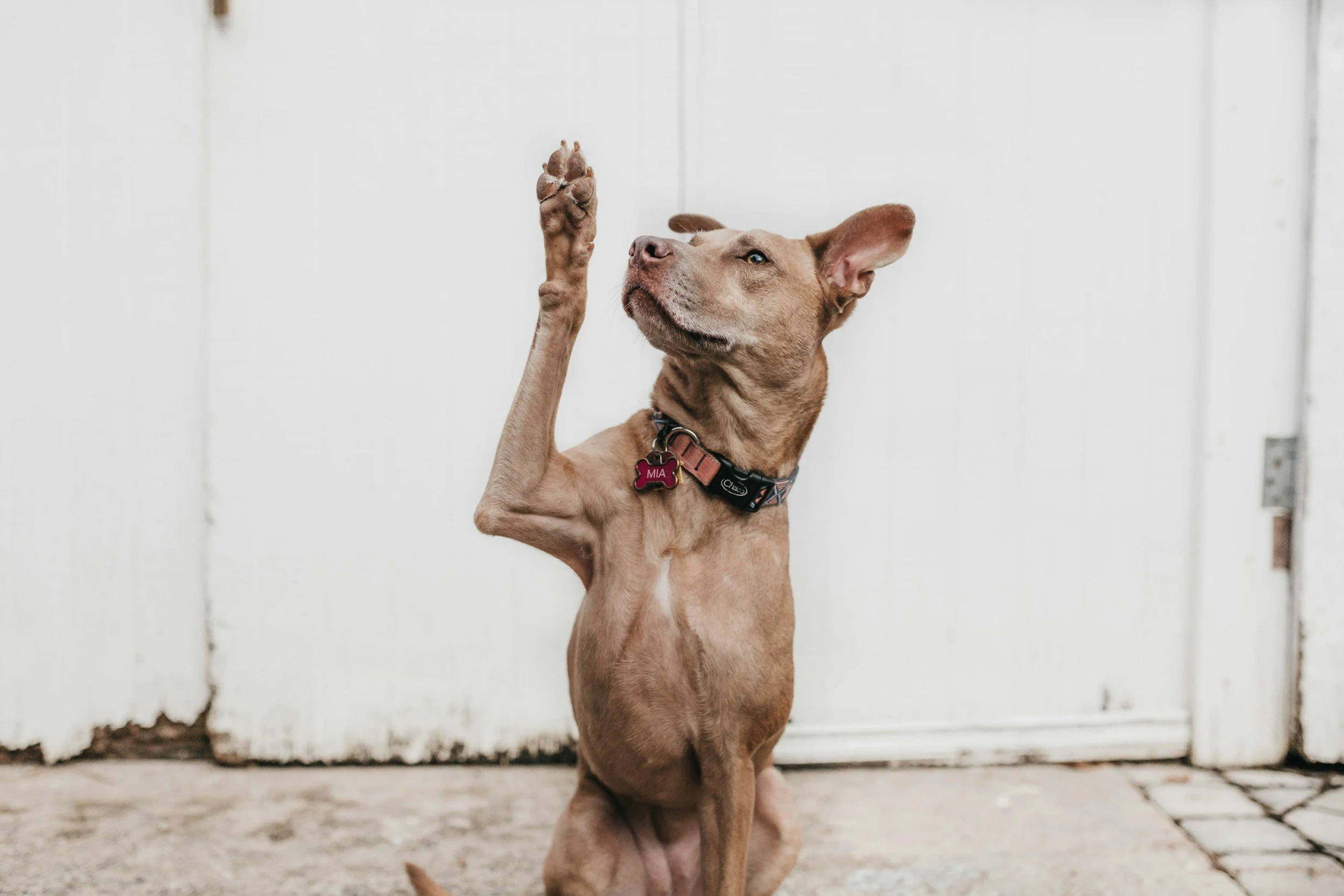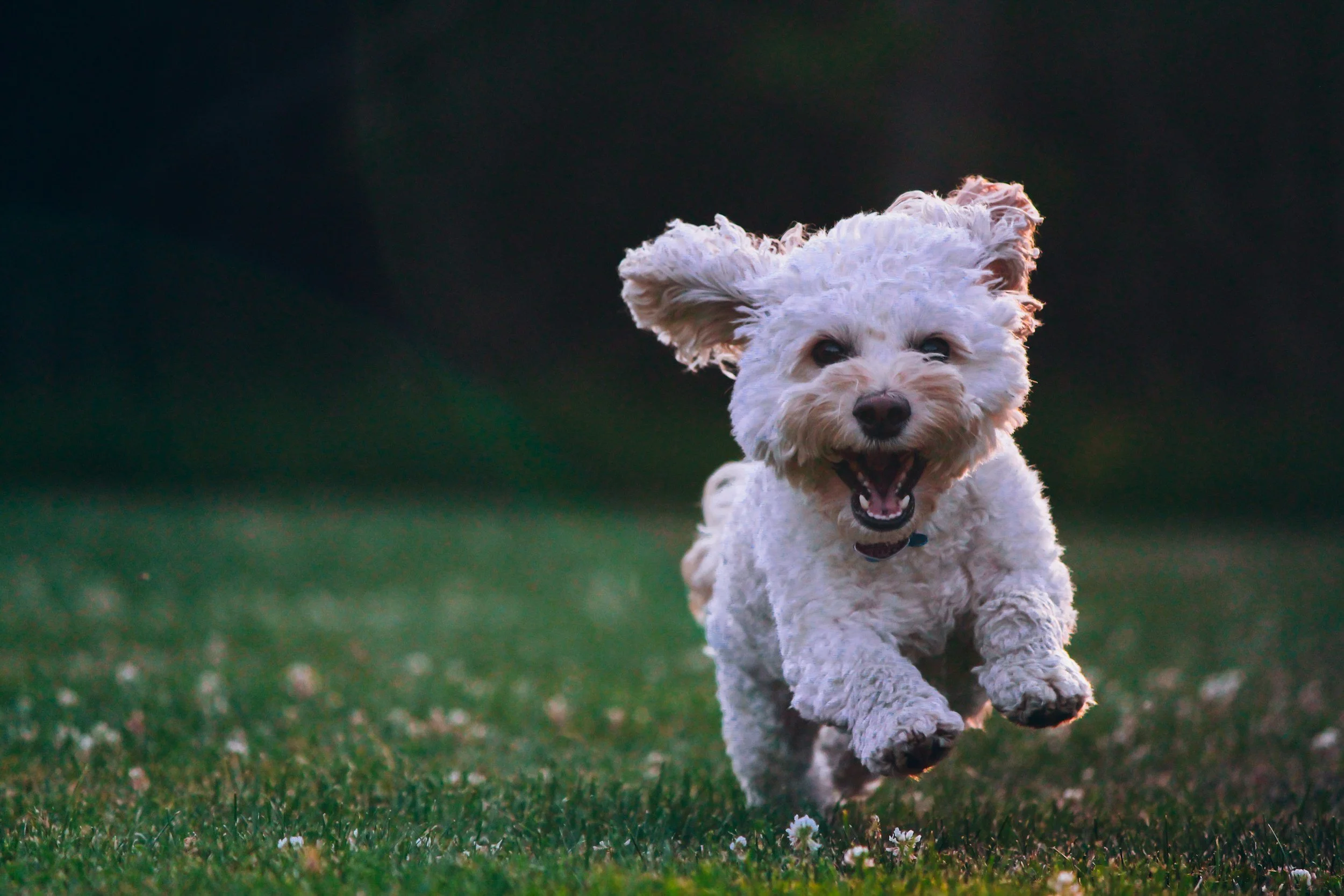Understanding Reactive Dogs: Why Training Makes All the Difference
If you’ve ever walked your dog and noticed them barking, lunging or becoming overly excited when they see another dog, a cyclist, or even a person, you’re not alone. This behaviour is known as reactivity, and it’s more common than many people realise.
What Does “Reactive” Mean?
A reactive dog isn’t a “bad” dog, they’re simply more sensitive to the world around them. Reactivity is an emotional response to certain triggers like other dogs, loud noises, or fast-moving objects. It can come from excitement, frustration, fear, or anxiety.
For some dogs, it’s their way of saying, “I don’t know how to handle this situation.”
With the right training, patience, and understanding, reactive dogs can learn to feel calmer and more confident, and so can their owners.
Breeds That Tend to Be More Reactive
Some breeds are naturally more energetic, alert, or protective, qualities that can sometimes lead to reactivity if their needs aren’t met. This doesn’t make them aggressive; it just means they require more guidance and structure.
Here are a few breeds research has identified as more prone to reactivity and why:
Dachshund – Brave and vocal, their hunting instincts can make them reactive toward other dogs or new situations, but calm, consistent training helps them feel secure and in control.
Belgian Malinois – Intelligent and driven, these working dogs thrive on physical and mental challenges. Without enough stimulation, they can become restless or reactive.
Rottweiler – Loyal and protective by nature, they need consistent training and calm leadership to feel secure.
German Shepherd – Highly intelligent and sensitive, they can pick up on environmental changes quickly, which can trigger reactive behaviour.
Border Collie – Energetic and focused, they need plenty of exercise and mental engagement to channel their instincts productively.
Jack Russell Terrier – Small but mighty, they’re full of confidence and energy, which can lead to overreactions toward unfamiliar dogs or situations.
Australian Cattle Dog, Akita, and Doberman – Known for their working backgrounds and guarding instincts, these breeds benefit from early training and structured routines.
*It’s important to remember that any dog, regardless of breed, can be reactive, just as any reactive dog can become calmer with the right support.
Why Training Matters So Much
Reactivity often stems from emotion, not defiance. A dog that barks or lunges is communicating stress, excitement, or uncertainty. Training helps both the dog and owner understand what’s really going on and how to respond effectively.
Good training can:
Build your dog’s confidence
Teach calm coping skills
Strengthen your bond
Make walks more enjoyable for everyone
The goal isn’t to “fix” your dog, it’s to help them feel safe in the situations that currently feel overwhelming.
Simple Tips for Supporting a Reactive Dog
Here are a few things you can start doing right away:
Create space – Give your dog distance from their triggers when possible. It helps them stay calm and able to learn.
Stay calm yourself – Dogs pick up on our emotions, so deep breaths will help you both.
Reward calm behaviour – Notice and reward your dog for making good choices, like looking at you instead of reacting.
Avoid punishment – Reactivity isn’t “naughty” behaviour; it’s emotional, so punishment often makes it worse.
Seek professional help – Working with a qualified trainer can make a world of difference for both you and your dog.
Coming Soon: Reactive Dog Training Classes at Your Pets & Me
If you’ve got a reactive dog and want to feel more confident and in control, you’ll love our new Reactive Dog Training Classes, designed to help your dog (and you!) learn practical skills in a calm, supportive environment.
We’ll focus on:
Understanding your dog’s triggers
Building focus and calm behaviour
Safe, structured socialisation
Positive reinforcement techniques
To maintain a happy and calm environment, spaces will be very limited, so fill out the contact form with the subject ‘Reactive Classes’ below now to reserve your spot!





